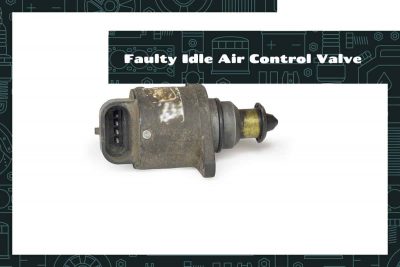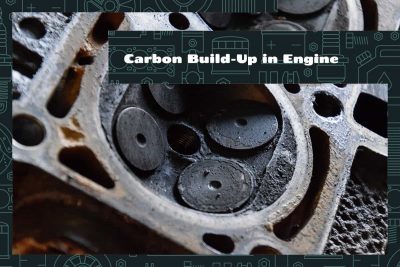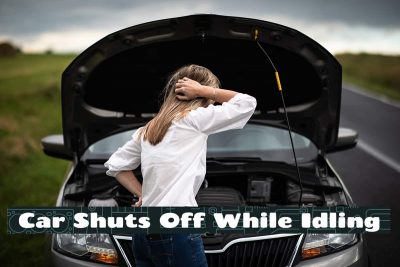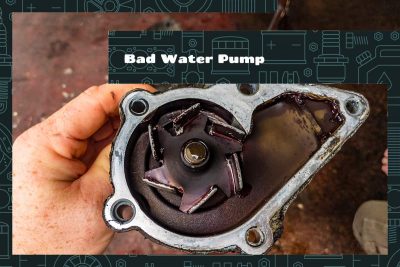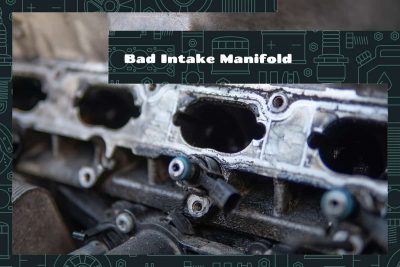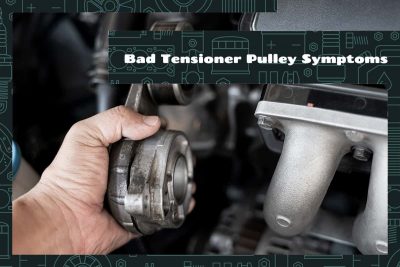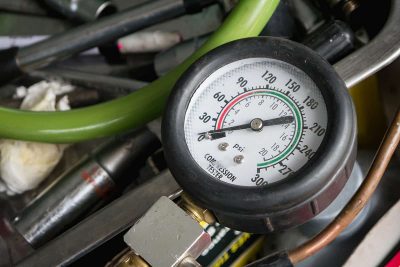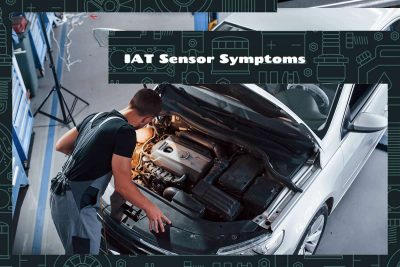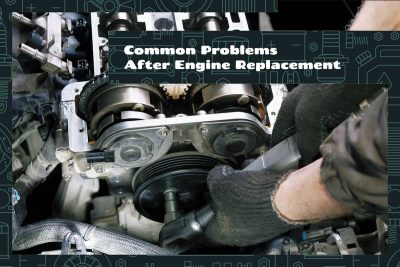Key symptoms of a faulty IACV can include unusual idling behavior, difficulty starting the car, unexpected stalling, and erratic RPM fluctuations. In some cases, your check engine light may also come on. Addressing a faulty IACV usually involves either cleaning the valve or replacing it entirely, depending on the severity of the issue.
Cars, especially older ones, exhibit a wide range of symptoms with varying causes for concern. However, when it shakes at idle and smooths out while driving, you may feel a bit dumbfounded. Shakes or vibrations may appear minor, but they are important indicators of the car’s condition and could be signaling more significant underlying problems.
Carbon build-up in an engine is a widespread automotive issue that can hinder your vehicle’s performance over time. While this might seem like a technical concern only mechanics need to worry about, it has a real impact on your vehicle. A clear understanding of carbon build-up can help you better maintain your vehicle and address potential problems early.
Experiencing a hesitation when starting your car can be a worrying sign for any motorist. A car’s inability to start immediately may be a symptom of a larger problem. This delay, often characterized by stuttering noises or a period of inactivity before the engine fires up, can stem from various causes.
The sudden and unexpected shutdown of a car while it’s idling can hint at potential underlying problems you should address promptly. This issue can stem from various sources, be it a simple glitch or a more complex mechanical failure.
A car that starts then shuts off immediately is a frustrating problem that leaves many drivers puzzled. This issue is indicative of several potential malfunctions in your car’s internal systems. Such irregularities, while initially may seem perplexing, can be demystified with some basic automotive knowledge and diagnostic skills.
In the complex world of automotive mechanics, the water pump holds a crucial role. This unsung hero of your car helps regulate engine temperature by circulating coolant. Its proper functioning keeps your car running smoothly, thus ensuring that you don’t have to face an unexpected breakdown on a lonely stretch of road. Despite its essential role, understanding the water pump and its potential issues often gets overlooked.
Every car enthusiast knows the importance of an intake manifold. As the conduit that efficiently guides air from the car’s intake to its engine cylinders, a well-functioning intake manifold is key to optimal engine performance. However, like any other component of your vehicle, it is susceptible to wear and tear over time.
The tell-tale signs of a bad tensioner pulley include unusual noises from the engine, issues with power steering and air conditioning, frequent battery failures, engine overheating, and unexpected wear and tear of the belt.
Low engine compression is a condition where the engine’s cylinders don’t sufficiently compress the air-fuel mixture, resulting in a power drop. Symptoms include power loss, unusual engine noises, and frequent misfires. Repair options range from replacing worn-out piston rings to extensive engine overhauls.
When you ignite your car, there’s an intricate dance of parts and systems working together behind the scenes, crucial to your vehicle’s smooth and efficient operation. One such unseen hero is the Intake Air Temperature (IAT) sensor. This small but significant component plays a role in maintaining your car’s engine performance and fuel efficiency. By measuring the temperature of the air entering the engine, the IAT sensor allows the engine’s computer to make necessary adjustments for optimal combustion.
Common issues that often arise after an engine replacement include engine not starting, strange noises, oil leakage, overheating, power loss, ‘check engine’ light turning on, poor fuel economy, engine misfires, and rough idling.
